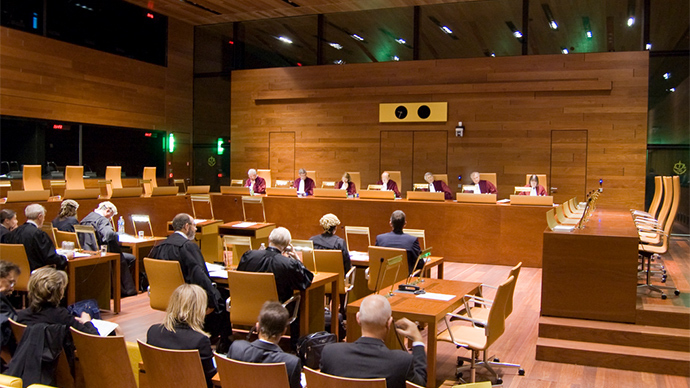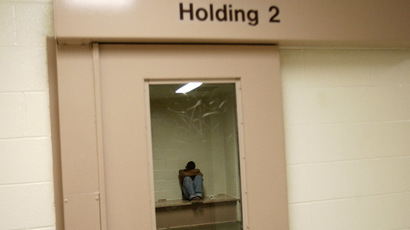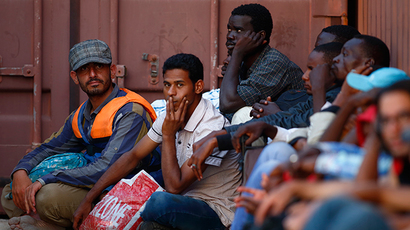EU Justice Court bans tests for LGBT asylum seekers

The highest European court has banned any kind of tests and providing evidence for people claiming refugee status in EU countries on ground of homosexuality. The court said the authorities must follow the EU law and respect the fundamental human rights.
The European Court of Justice in Luxembourg has ruled on Tuesday that people claiming asylum in countries of the European Union should not undergo any kind of tests proving their homosexuality or detailed questioning about their private life.
The authorities must refrain from “carrying out detailed questioning as to the sexual practices of an applicant for asylum,” the Court ruling said.
It stressed that the inability of the applicant for asylum to answer such questions is not a sufficient reason for concluding that the applicant lacks credibility.
READ MORE: Was Shakespeare gay? The debate continues
No additional evidence can be requested by authorities.
The ECJ has restricted verifications based on "detailed questioning as to the sexual practices of an applicant for asylum and the option, for those authorities, to allow the applicant to submit to "tests" with a view to establishing his homosexuality and/or of allowing him to produce, of his own free will, films of his intimate acts."
Even if the applicant themselves proposed to submit such evidence, it would infringe on human dignity, the court ruled.
"The effect of authorizing or accepting such types of evidence would be to incite other applicants to offer the same and would lead, de facto, to requiring applicants to provide such evidence," according to the court.
READ MORE: ‘Gay’ bull gets #SaveBenjy campaign for slaughterhouse reprieve
The Court stated that determination of a refugee's sexuality cannot violate rights to privacy and dignity, and must be in accord with the law of the European Union.
“While the national authorities are entitled to carry out, where appropriate, interviews in order to determine the facts and circumstances as regards the declared sexual orientation of an applicant for asylum, questions concerning the details of the applicant’s sexual practices are contrary to the fundamental rights guaranteed by the Charter and, in particular, to the right to respect of private and family life,” stated the press release.
However, the Court said self-proclamation is sometimes insufficient “and may require confirmation."
The number of such claims has grown in Europe recently as many African countries passed a law making homosexuality a crime punished with long jail terms. Besides, in several Islamic countries the law requires the death penalty in such cases.
The case was brought in the European Court of Justice by the Council of State of the Netherlands which wanted to know whether there are any limits imposed by EU law as regards the verification of the sexual orientation of applicants for asylum. Earlier, the Dutch government rejected three bids of asylum saying they were not proved though one of the claimants provided a film confirming his statements. Later, their appeal was granted.














